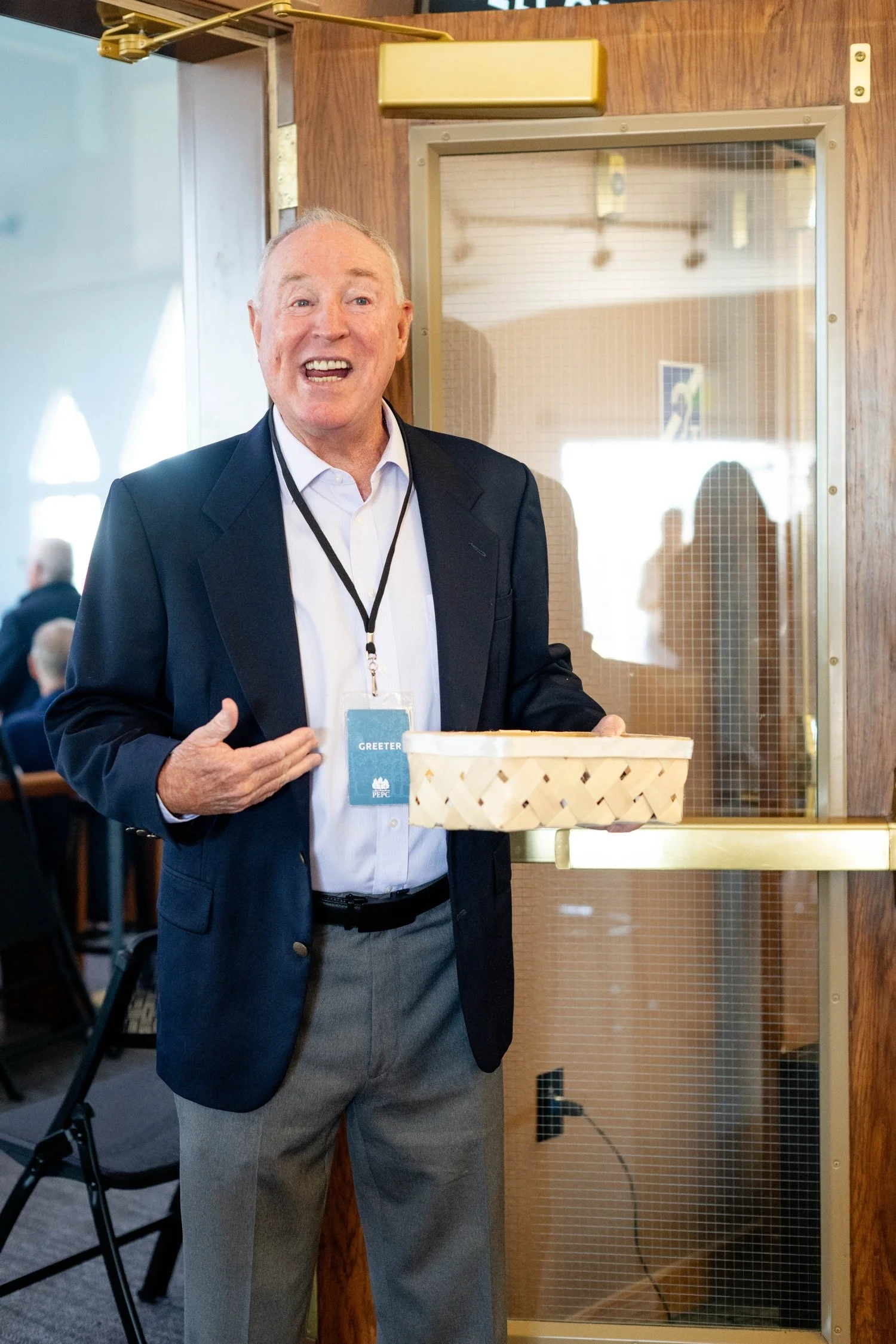Readings for today: 1 Chronicles 1-10, Psalms 65
One of the major obstacles C.S. Lewis had to overcome when he came to faith was what he dubbed, “Chronological snobbery.” He defined it as “the uncritical acceptance of the intellectual climate of our own age and the assumption that whatever has gone out of date is on that count discredited.” Essentially, it is the false belief that we have it right and those who came before us had it wrong. We’ve figured things out and those who preceded us were operating from superstition, ignorance, and foolishness. We ask all kinds of critical questions of the past but are unwilling to subject our present to those same questions. Eventually, Lewis was challenged to think more deeply by his friend, Owen Barfield, who forced him to confront a series of questions like why did an idea go out of date? Was it ever refuted? If so, by whom, where, and how conclusively? In other words, which things are false—and why—and which things remain true?
I thought about Lewis as I read through today’s genealogies. It’s so easy to pass them over. Treat them as a series of names with which we have no connection. But if we will slow down, we will recognize quite a few of them. And if we have been keeping up on our reading, we will realize we do know their stories. We get to see God and the world and human life through their eyes. We get to learn some things from their example. Foundational beliefs that undergird how we understand the world even to this day. For example, we learn from the story of Adam and Eve that creation is ordered and regulated by God’s Word. This idea is what eventually will give birth to modern science. We learn that human beings are made in the image of God which is the fundamental underpinning to universal human rights. We learn from Abraham that God is personal and desires a relationship with us. We learn from Moses that God has a particular plan for our lives, to set us apart as holy and pure. Taking a step back and looking at the big picture, we learn about God’s faithful, covenantal love for His people. A love that endures despite our many failures and sin. It’s incredible when you stop to think about it.
Every generation naturally assumes they know what’s best. Every generation naturally assumes they are more enlightened than the ones who came before them. Every generation naturally engages in chronological snobbery. The challenge for the people of God is to humble themselves, recognizing we stand on the shoulders of those who came before us. We are challenged to be thankful of the sacrifices they have made and be appreciative of the things they have to teach us. The old cliches that those who don’t know their history are doomed to repeat it certainly rings true. If we forget the lessons of our past, we will repeat them in the present. If we forget what God has taught us about Himself and the world and the life He longs for us to live, we will have to re-learn it the hard way. It is much better to treat those who have gone before us with respect, learn from them what it means to follow God in their cultural context, and then seek to apply it to our own lives.
Readings for tomorrow: 1 Chronicles 11-14, Psalms 66




